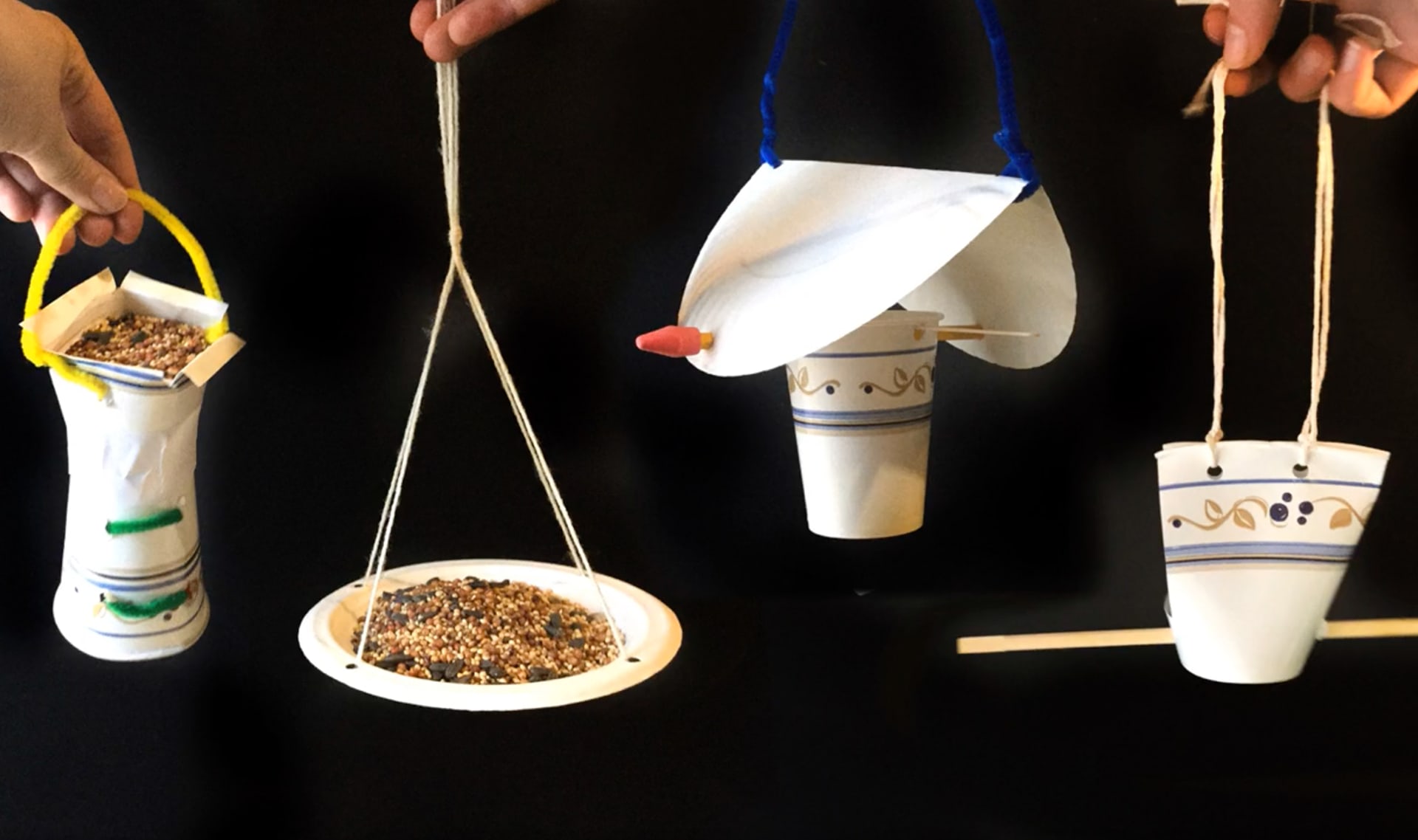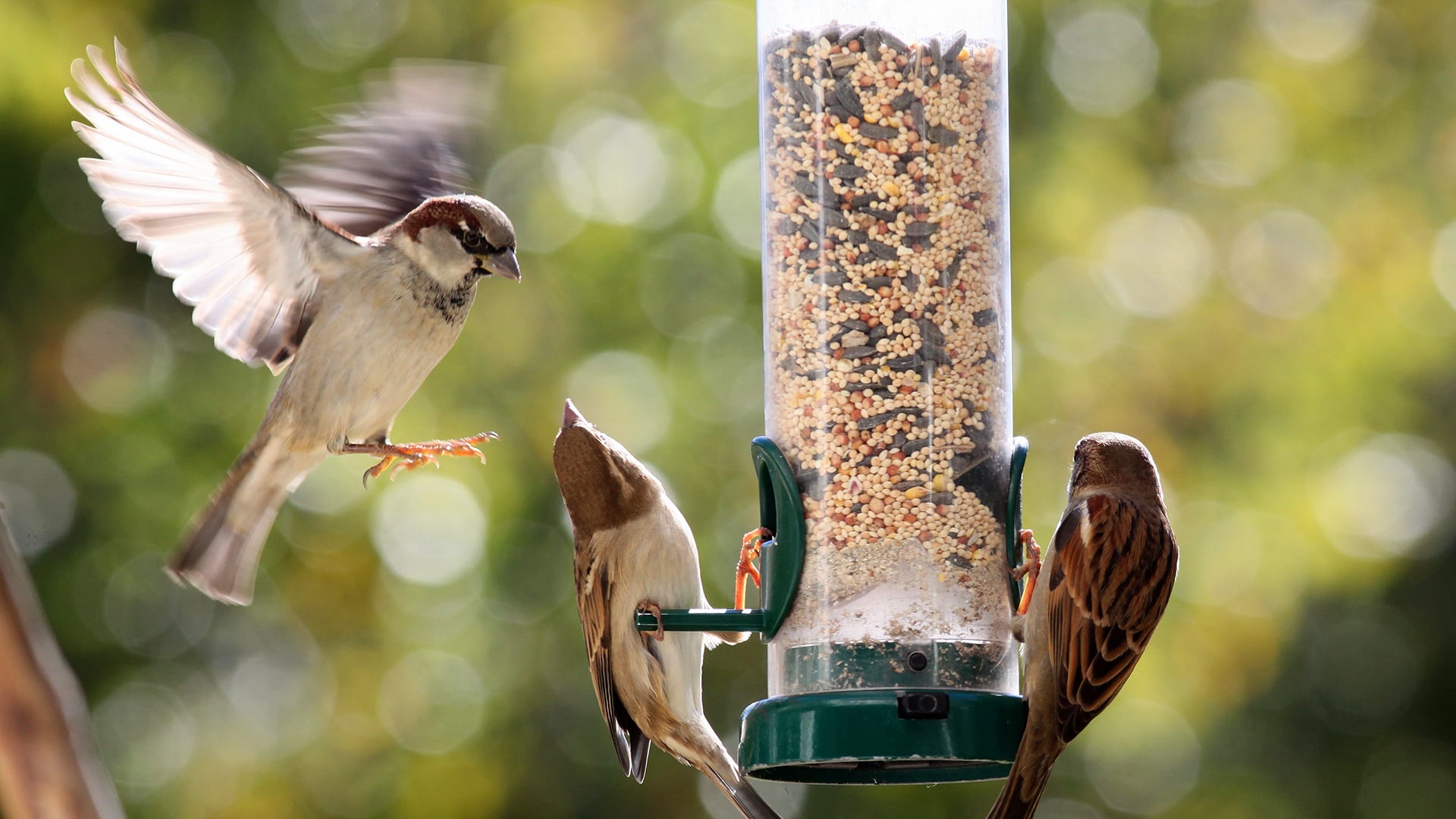
DISCUSS (1 of 4):
Do you think this bird would come to the feeder? Why or why not? Hint: Think about what the bird would like to eat.
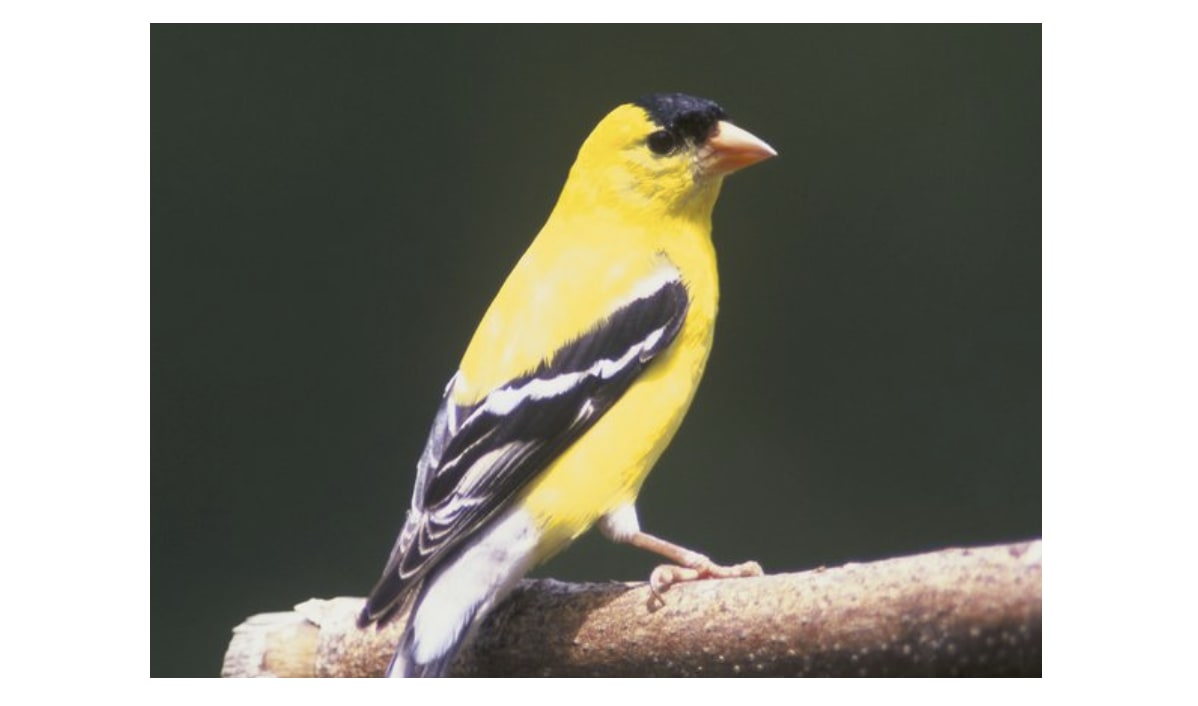
DISCUSS (2 of 4):
Do you think this bird would come to the feeder? Why or why not? Hint: Think about what the bird would like to eat.
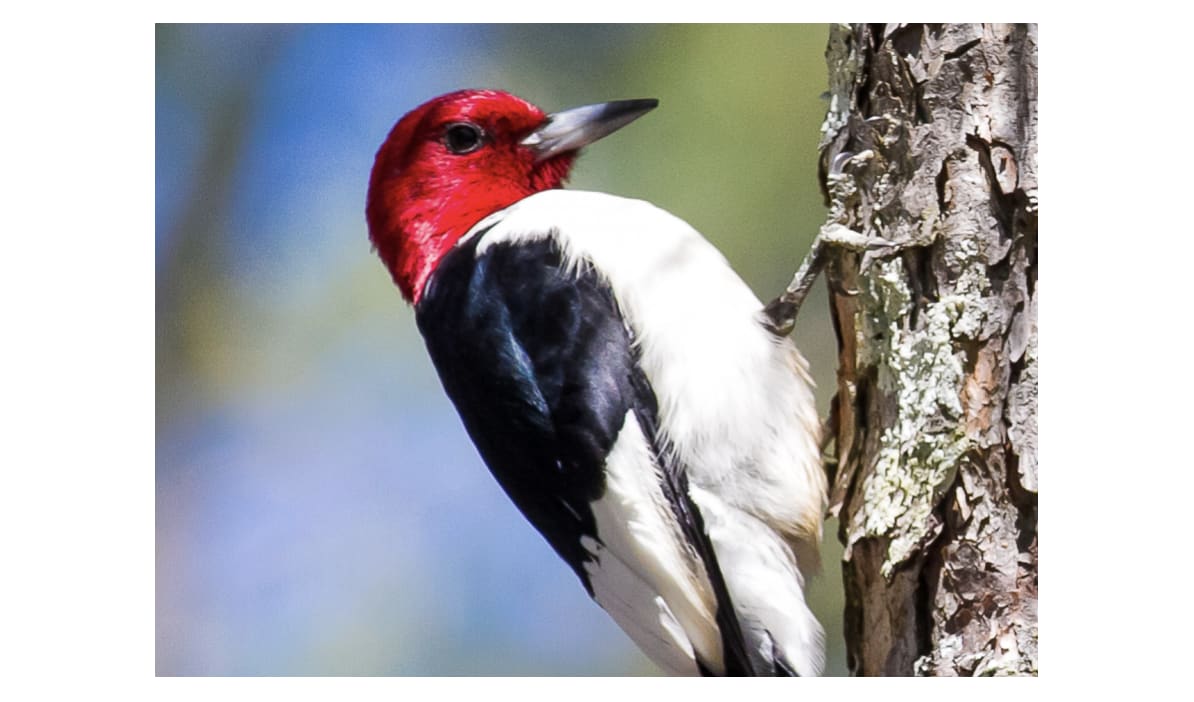
DISCUSS (3 of 4):
Do you think this bird would come to the feeder? Why or why not? Hint: Think about what the bird would like to eat.
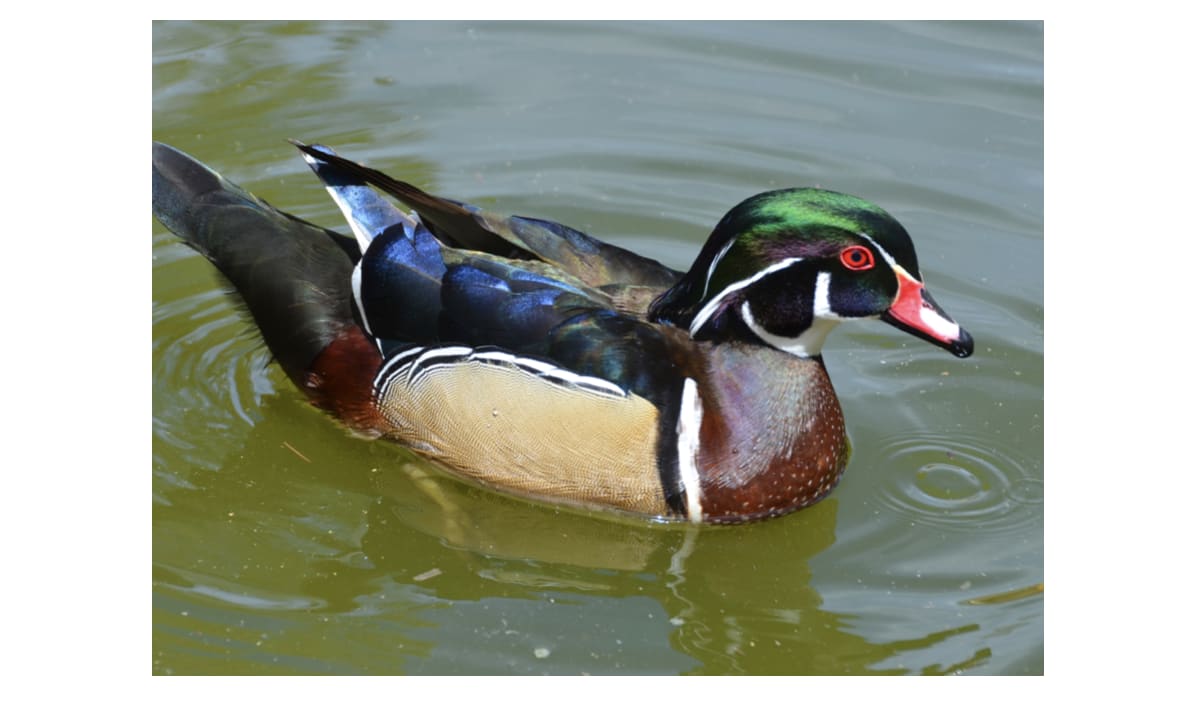
DISCUSS (4 of 4):
Do you think this bird would come to the feeder? Why or why not? Hint: Think about what the bird would like to eat.
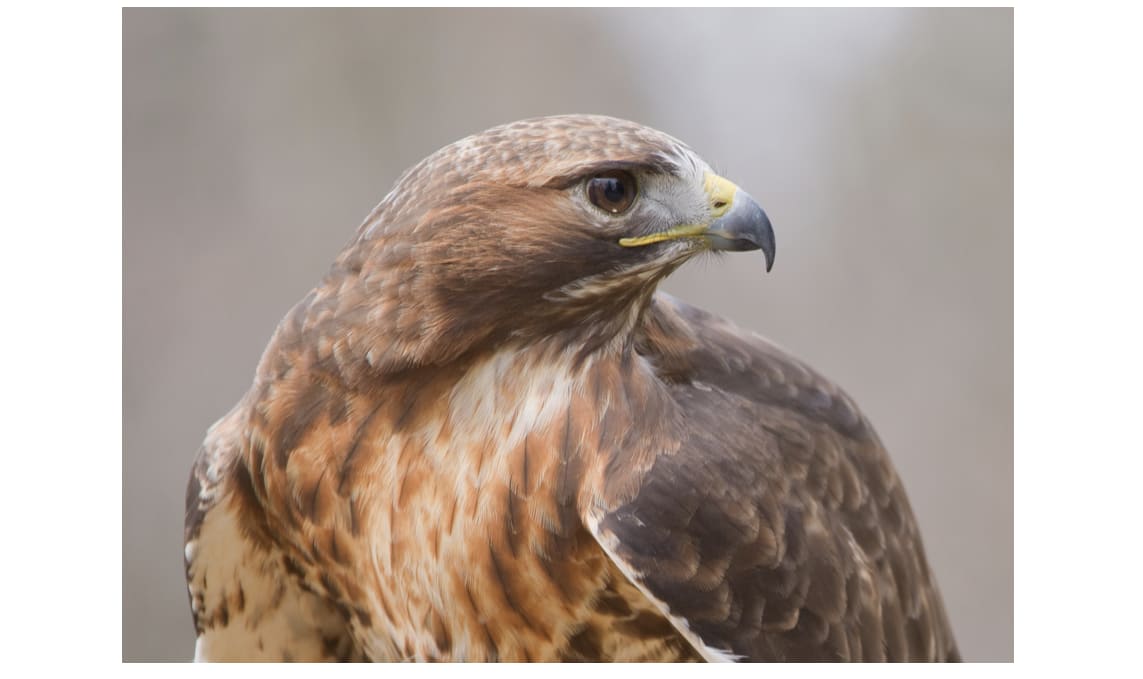

DISCUSS:
How do you think this feeder works to attract hummingbirds?
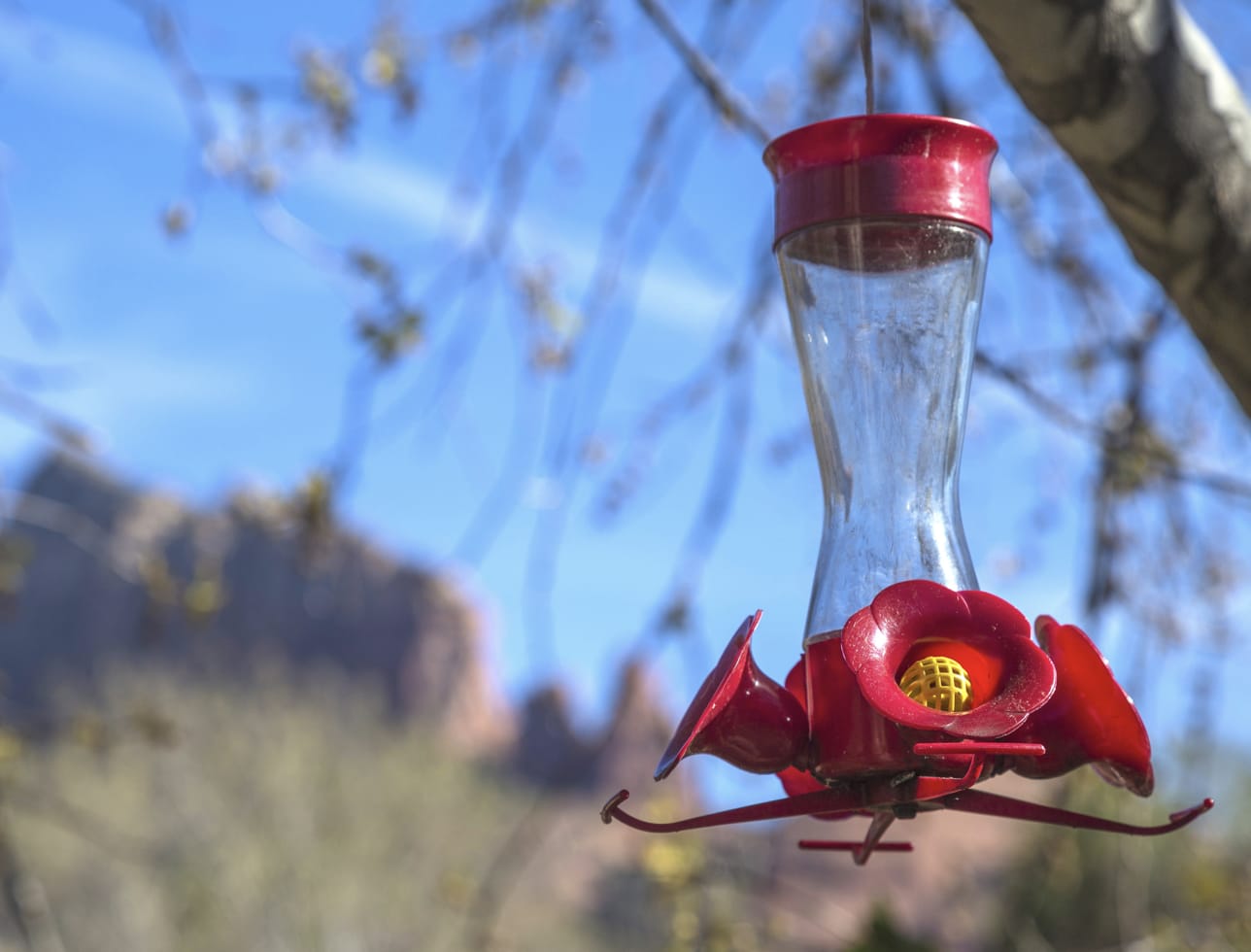











Building a prototype bird feeder can take up to 30 more minutes if your class is enthusiastic.
If your time is limited, this is a natural stopping point. You can have students write their names on their worksheets and collect them. You can then build the prototype bird feeders and complete the worksheet during your next science class.






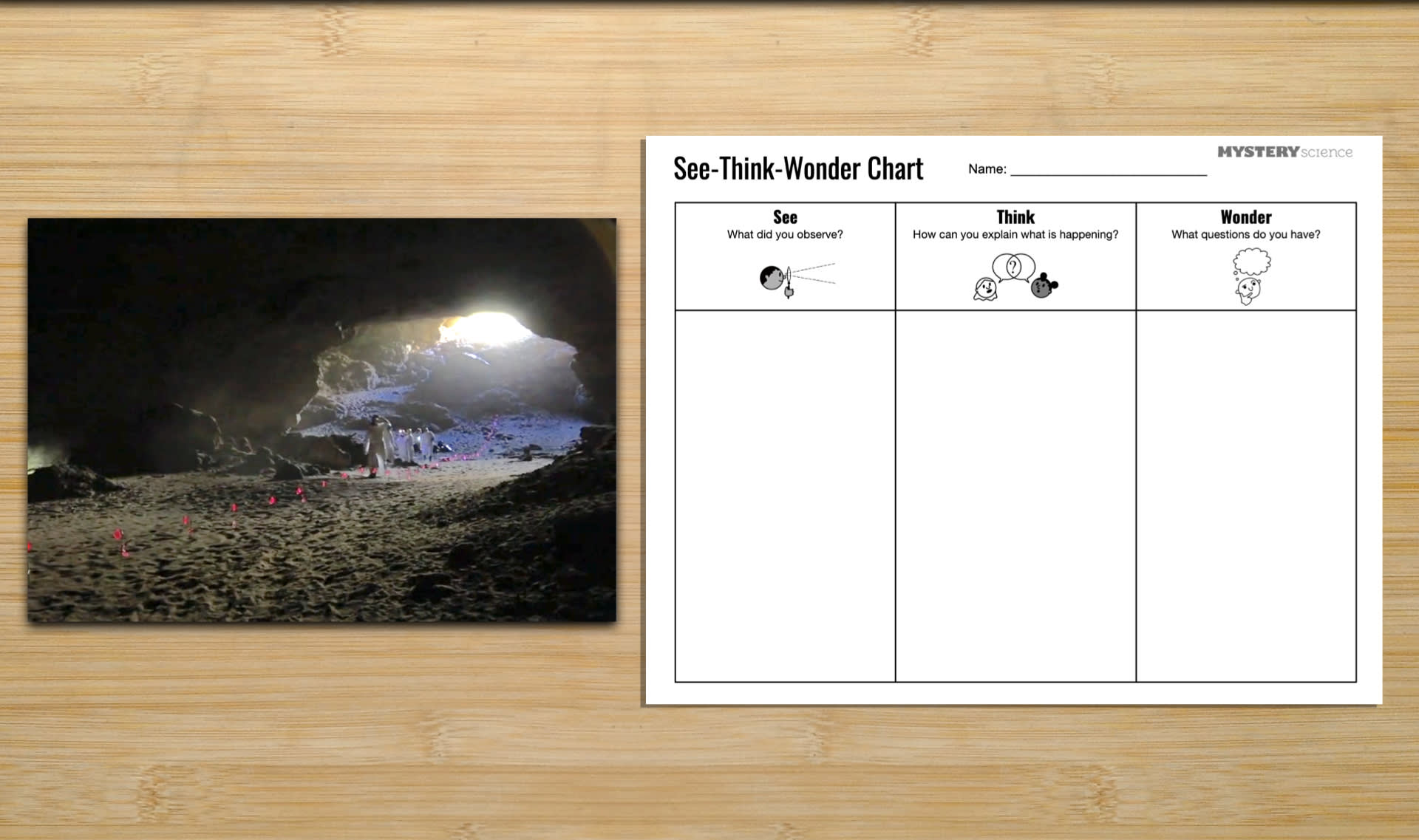
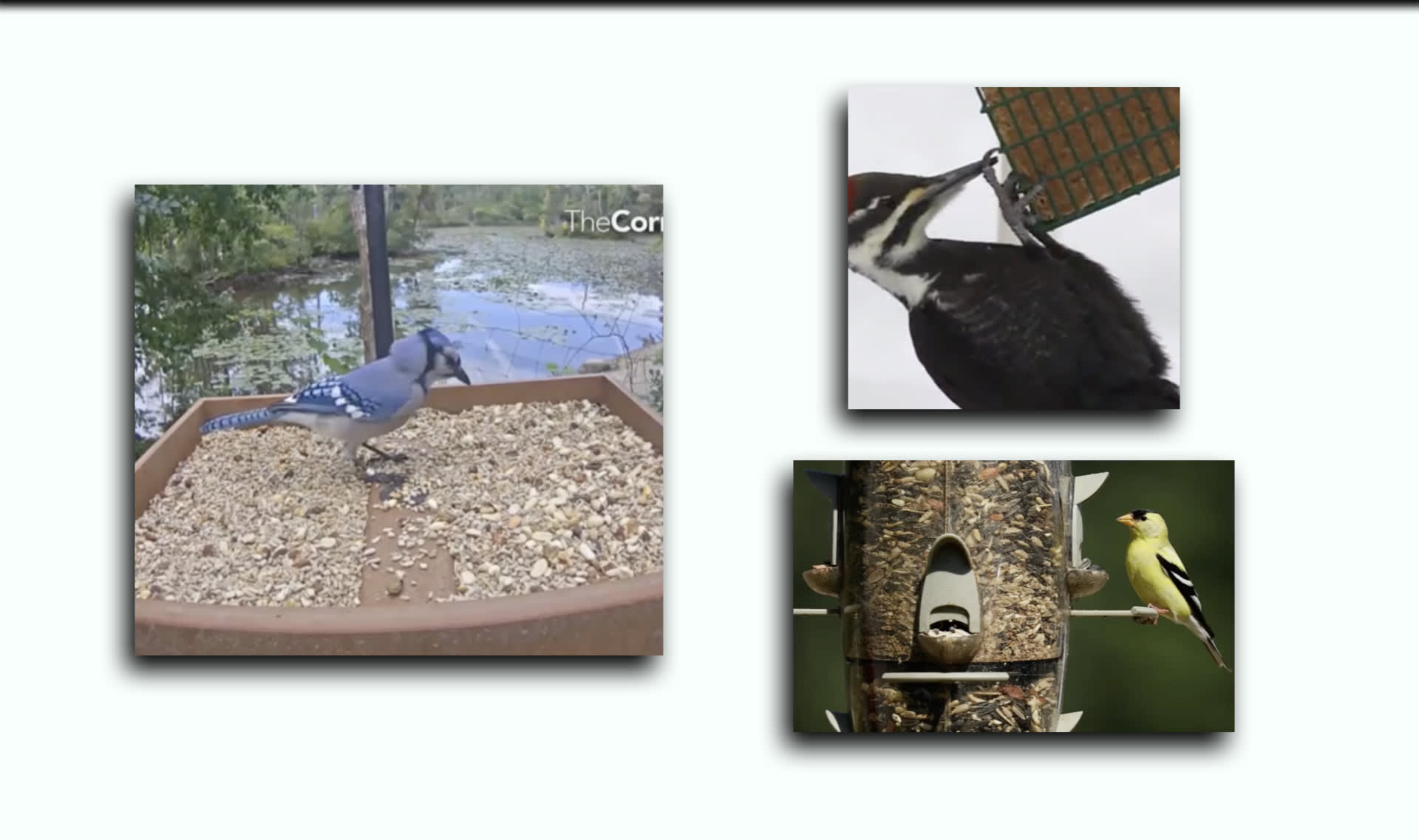
01/11
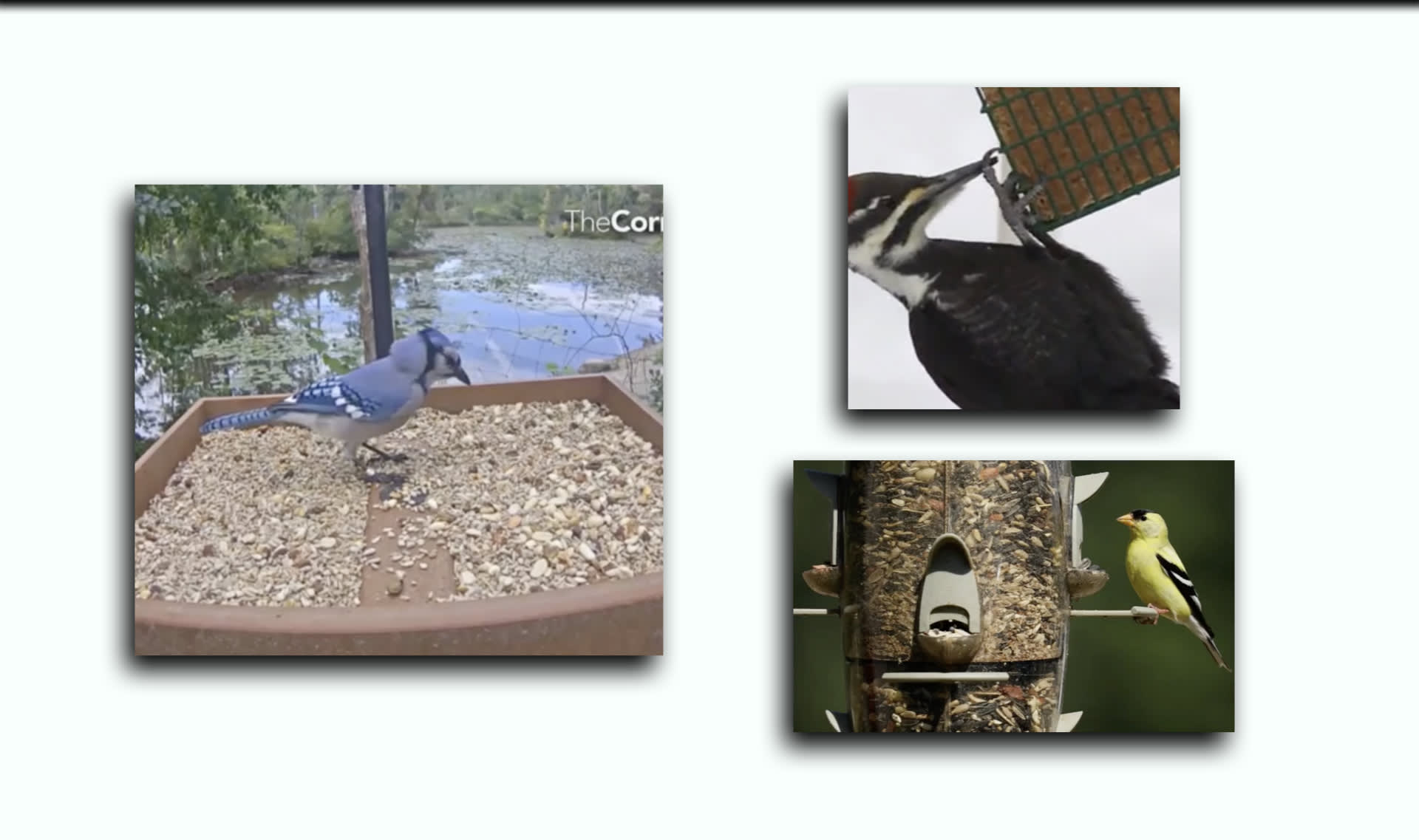
02/11
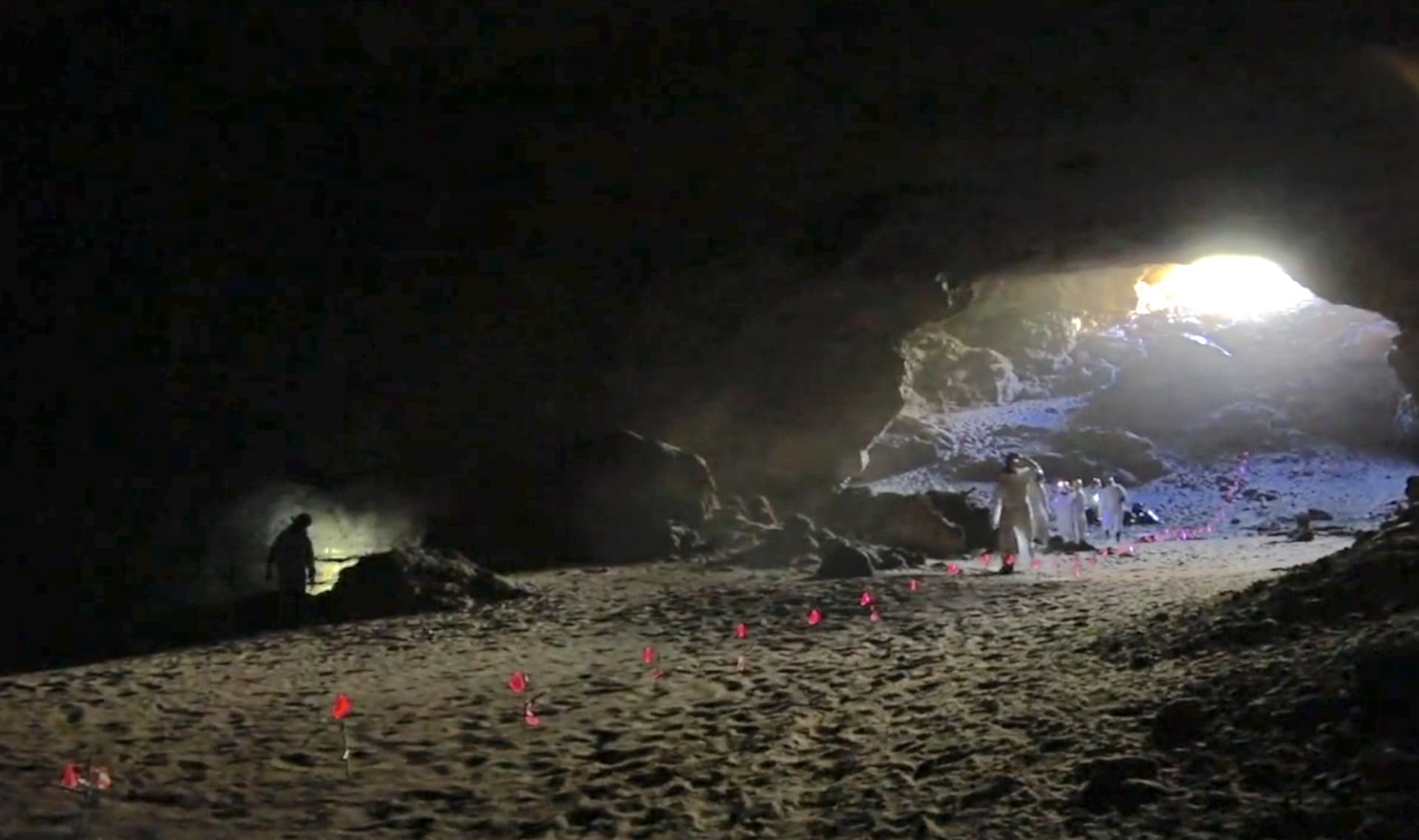
03/11

04/11
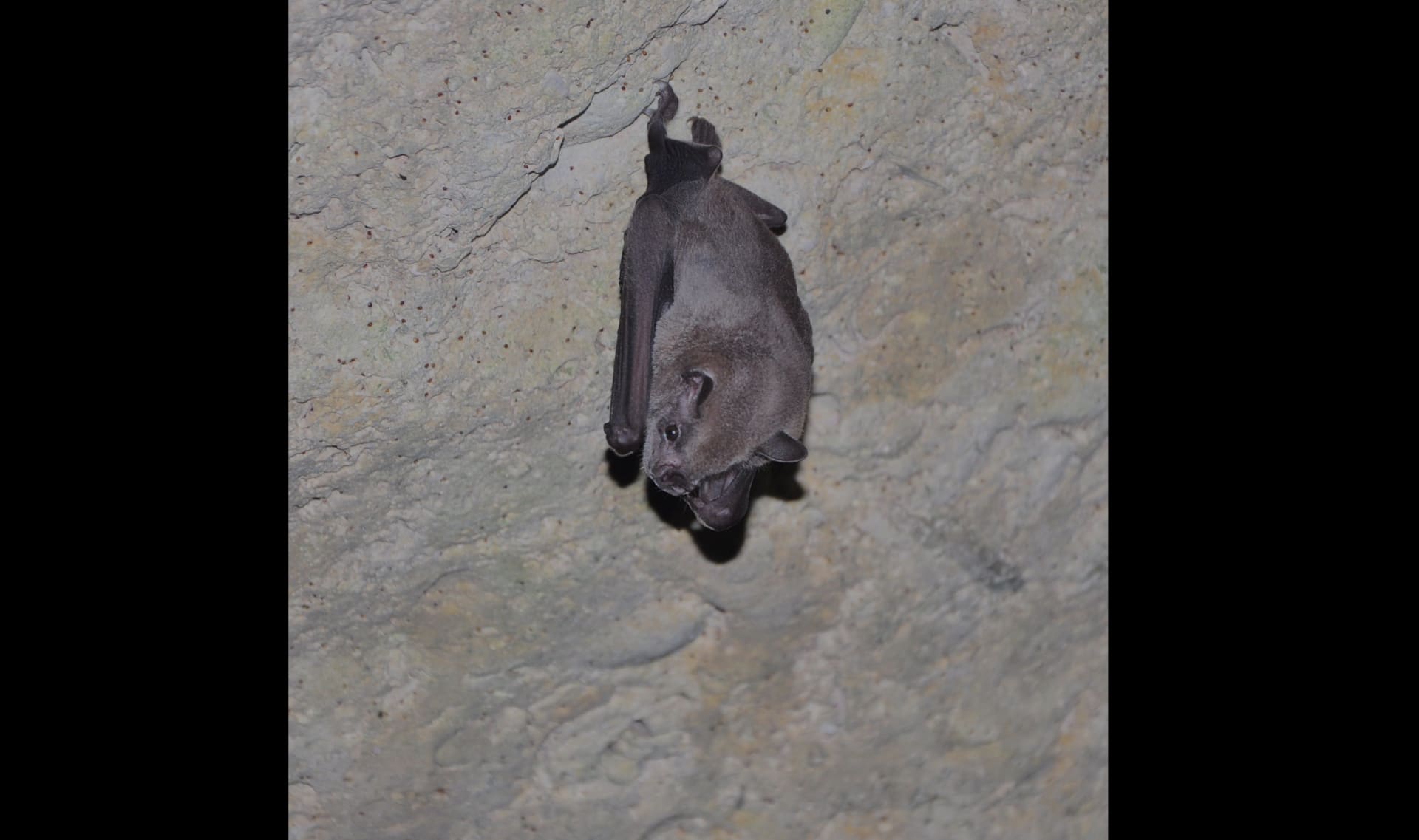
05/11

06/11

07/11
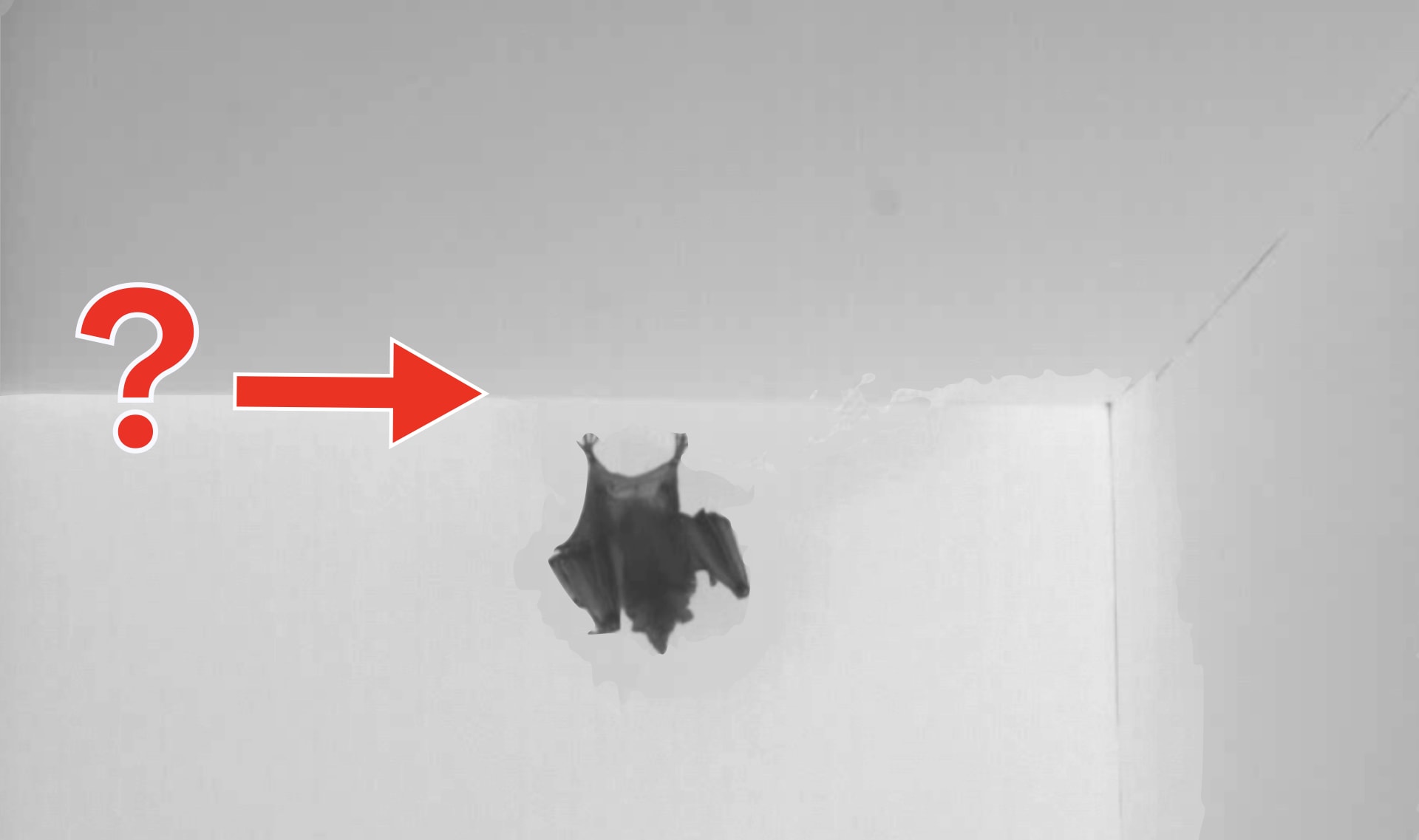
08/11
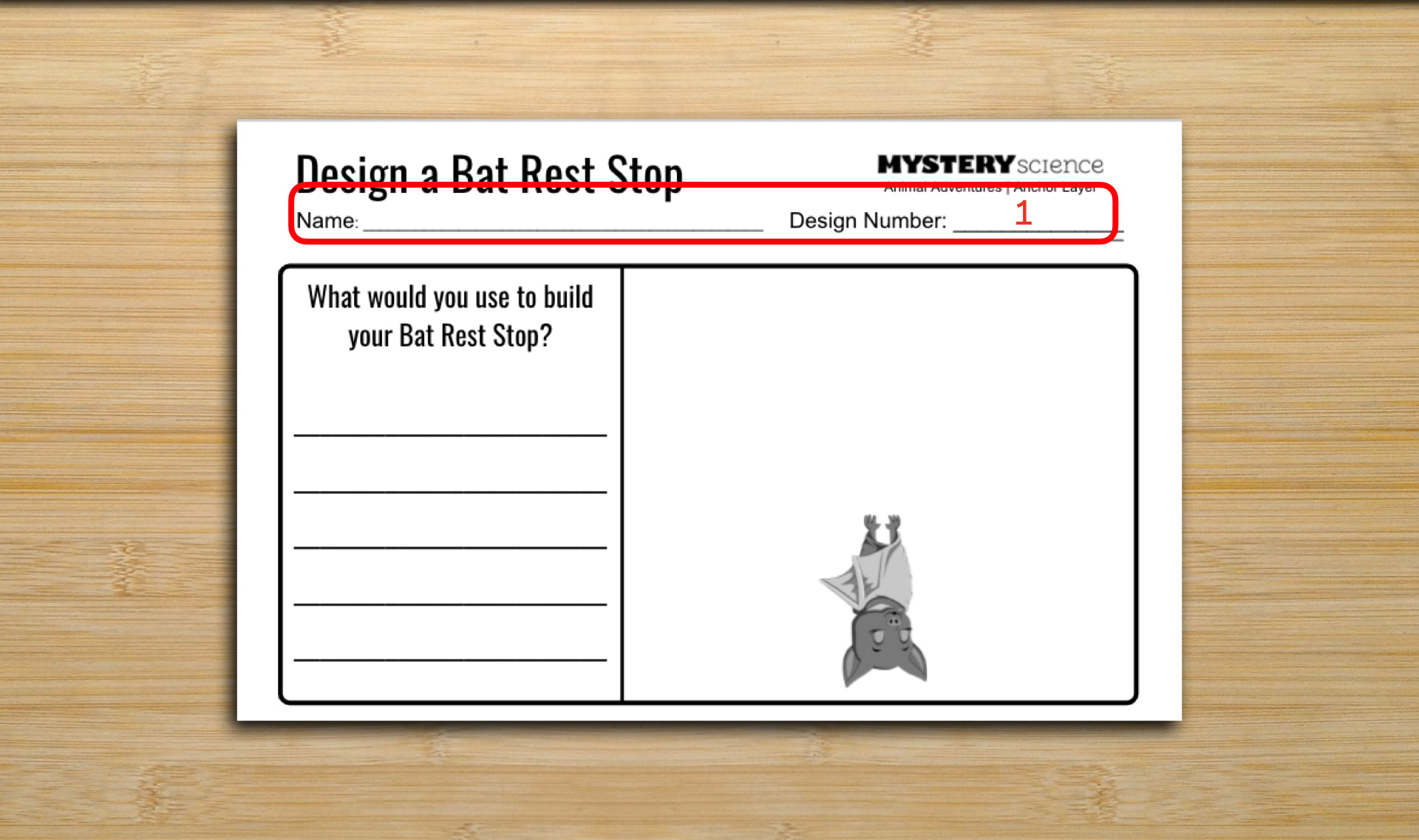
09/11
Number 1.
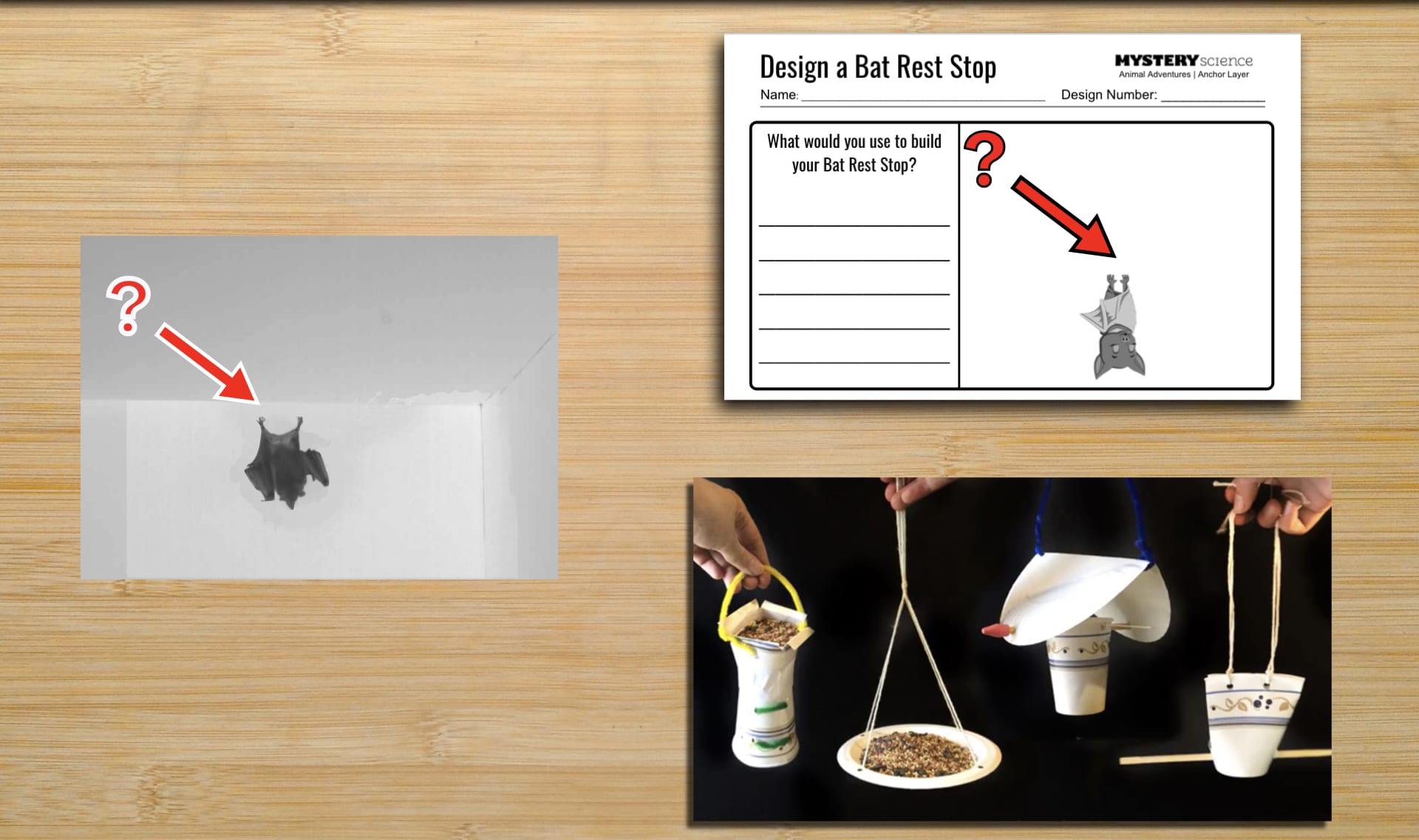
10/11
same materials as the bird feeders. But remember: you’re just
designing a rest stop, not a feeder.
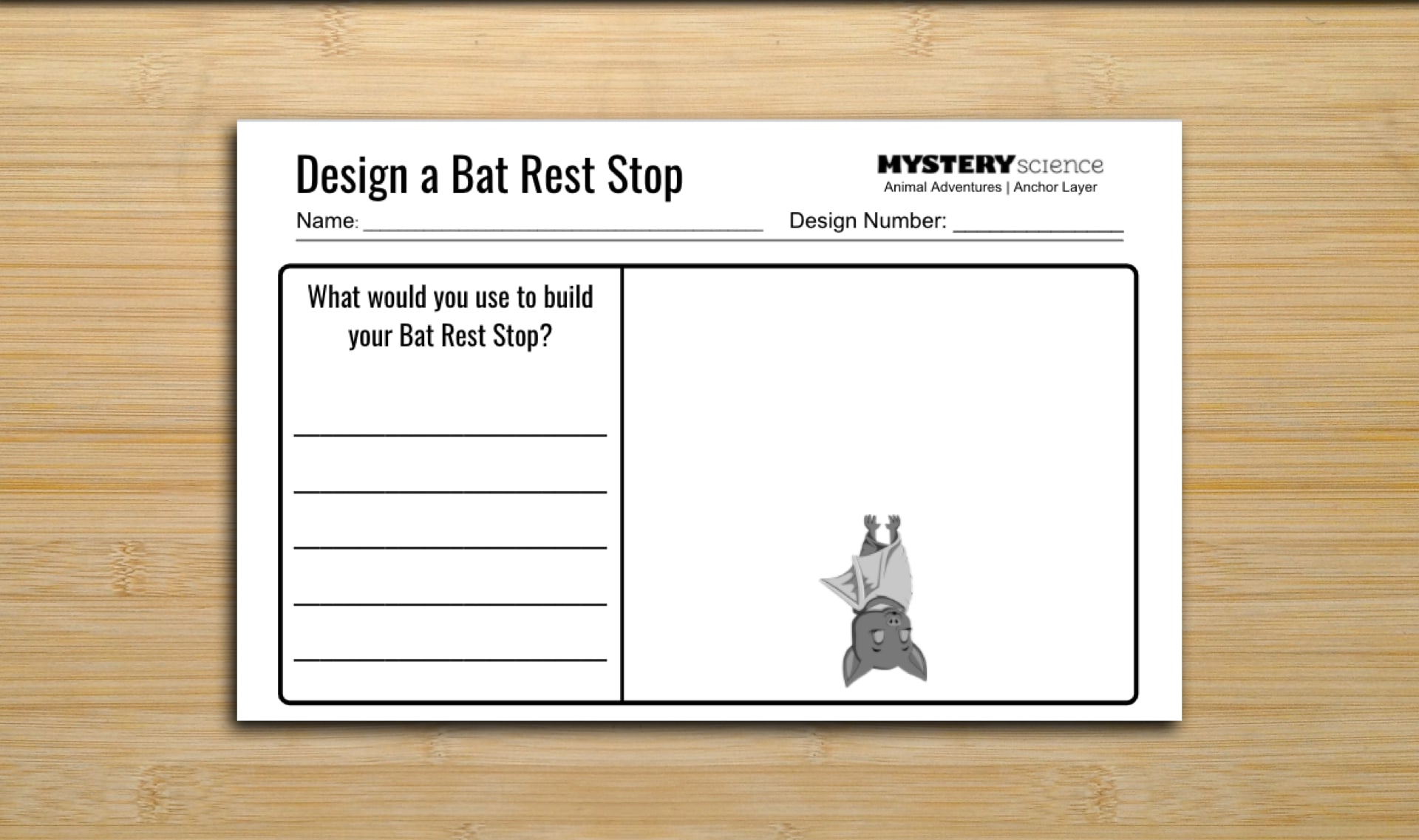
11/11
same? How are they different? If you like, you can get a new sheet
and come up with new designs.
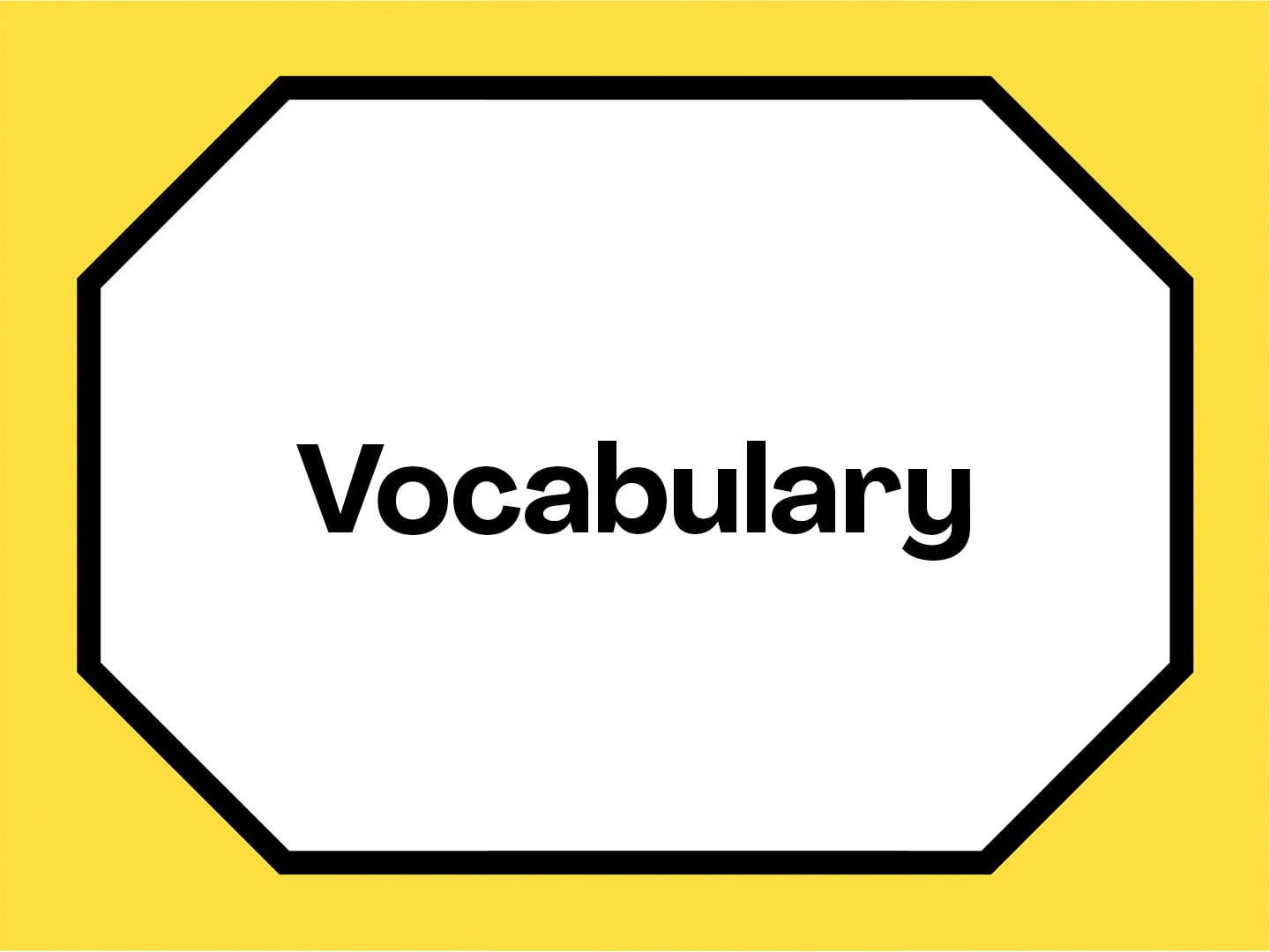
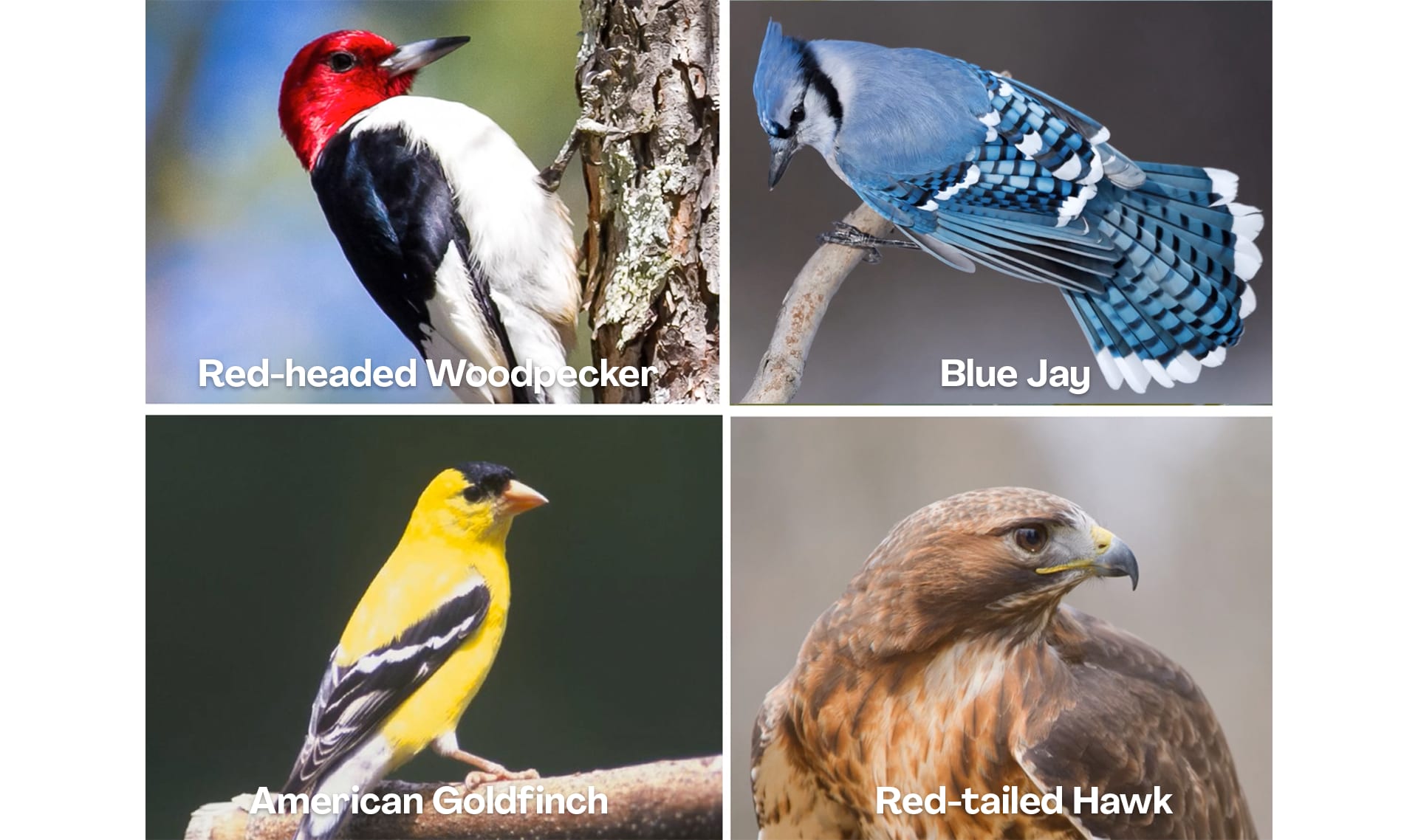
species
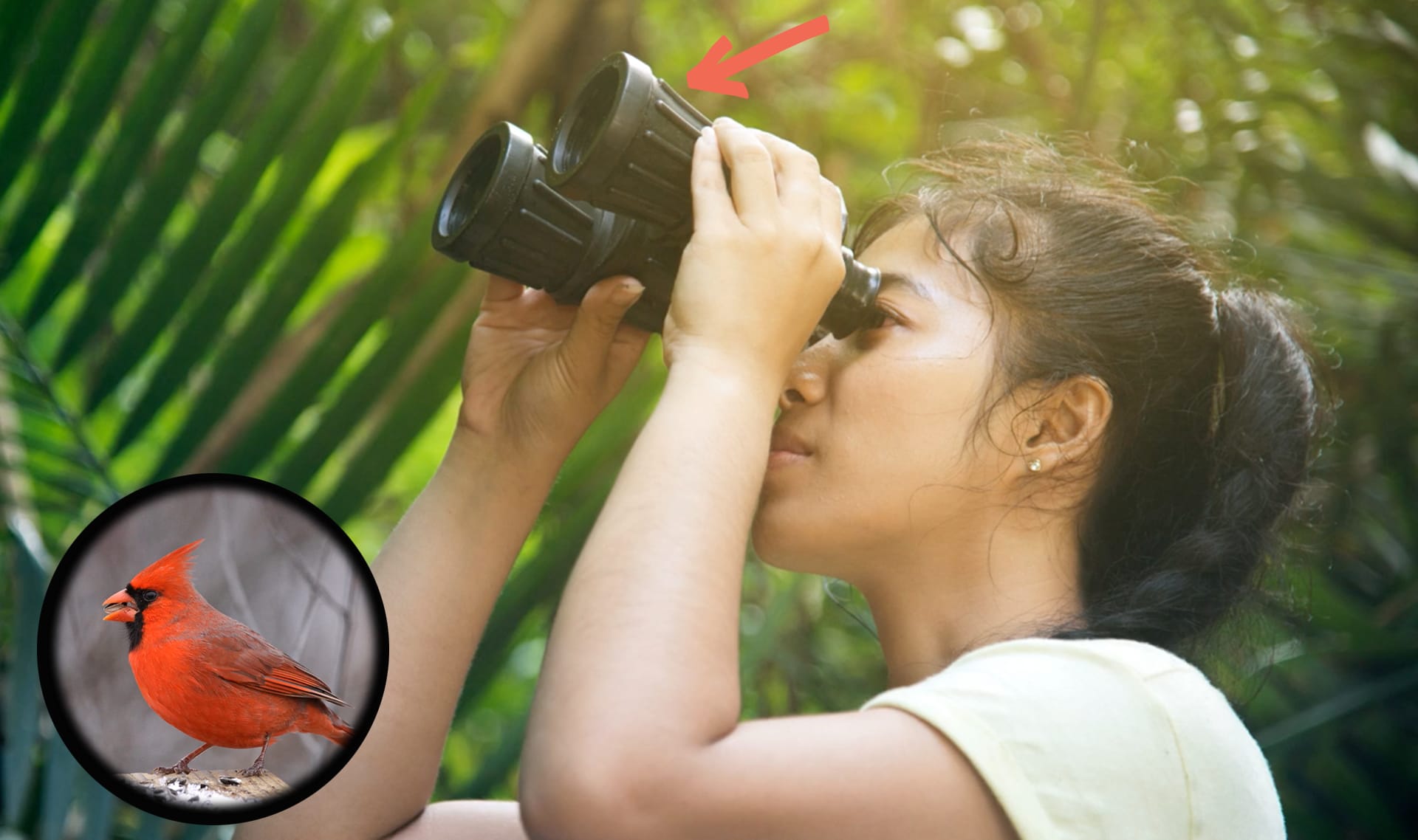
binoculars

engineer

design
